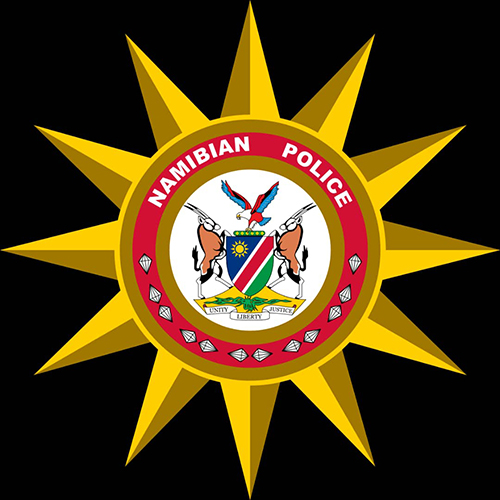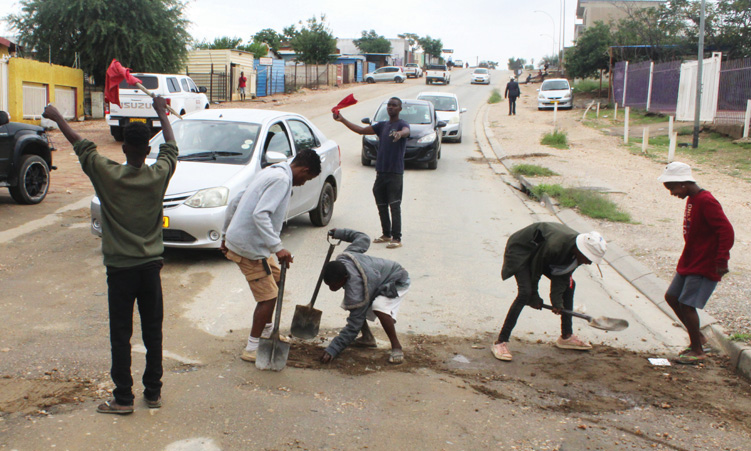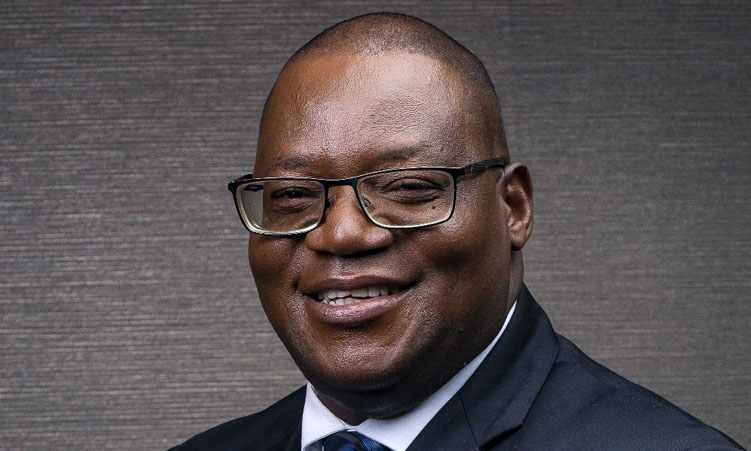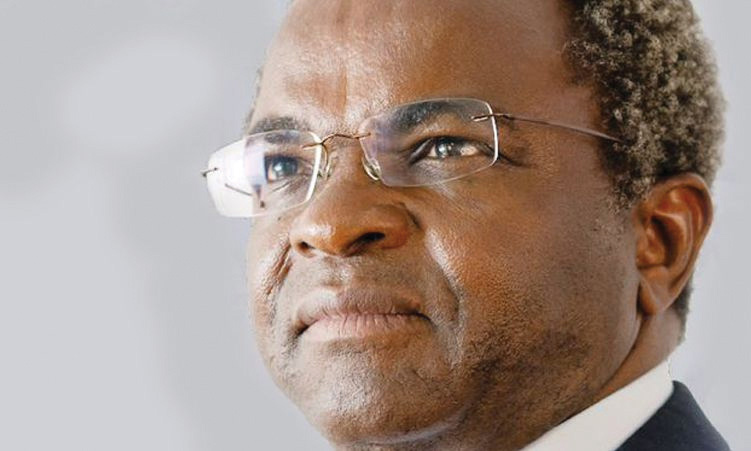ELECTRICITY’S going up by 12,3%, water by 10% and property tax by eight per cent.
They are among a string of stiff tariff increases the Windhoek City Council tabled last night. By the time you woke up this morning they would have been approved.The 12,3 per cent increase slapped on electricity consumption is among the steepest hikes, and one that is expected to hit consumers the hardest.The basic tariff for electricity remains the same, while the prepaid electricity tariff goes up by 12,8 per cent.The basic tariff for water will increase by 10 per cent, as will the tariff for water consumption.Sewerage rates rise by 12,8 per cent, property tax tariffs by eight per cent and solid waste management tariffs by 12 per cent.Household removal tariffs will be increased by five per cent and the same will apply to waste collection at informal settlements.Bus tariffs will increase from N$5 to N$6 per trip.According to the new Chairperson of the Council’s management committee, Elaine Trepper, the average increase for households will come to 14 and 15 per cent.”We do clearly understand the difficulties experienced in terms of affordability of services, but were left with no option but to consider these tariff adjustments and trust that you will bear with us, whilst we investigate options to make the services more affordable,” Trepper said.Average increases for a low income household will come to 14 per cent, for a middle income household it will be 12,9 per cent and for a high income household 15 per cent.The overall budget for the City’s new financial year, which starts today, will come to N$1,5 billion.By the time you woke up this morning they would have been approved.The 12,3 per cent increase slapped on electricity consumption is among the steepest hikes, and one that is expected to hit consumers the hardest.The basic tariff for electricity remains the same, while the prepaid electricity tariff goes up by 12,8 per cent.The basic tariff for water will increase by 10 per cent, as will the tariff for water consumption.Sewerage rates rise by 12,8 per cent, property tax tariffs by eight per cent and solid waste management tariffs by 12 per cent.Household removal tariffs will be increased by five per cent and the same will apply to waste collection at informal settlements.Bus tariffs will increase from N$5 to N$6 per trip.According to the new Chairperson of the Council’s management committee, Elaine Trepper, the average increase for households will come to 14 and 15 per cent.”We do clearly understand the difficulties experienced in terms of affordability of services, but were left with no option but to consider these tariff adjustments and trust that you will bear with us, whilst we investigate options to make the services more affordable,” Trepper said.Average increases for a low income household will come to 14 per cent, for a middle income household it will be 12,9 per cent and for a high income household 15 per cent.The overall budget for the City’s new financial year, which starts today, will come to N$1,5 billion.
Stay informed with The Namibian – your source for credible journalism. Get in-depth reporting and opinions for
only N$85 a month. Invest in journalism, invest in democracy –
Subscribe Now!










